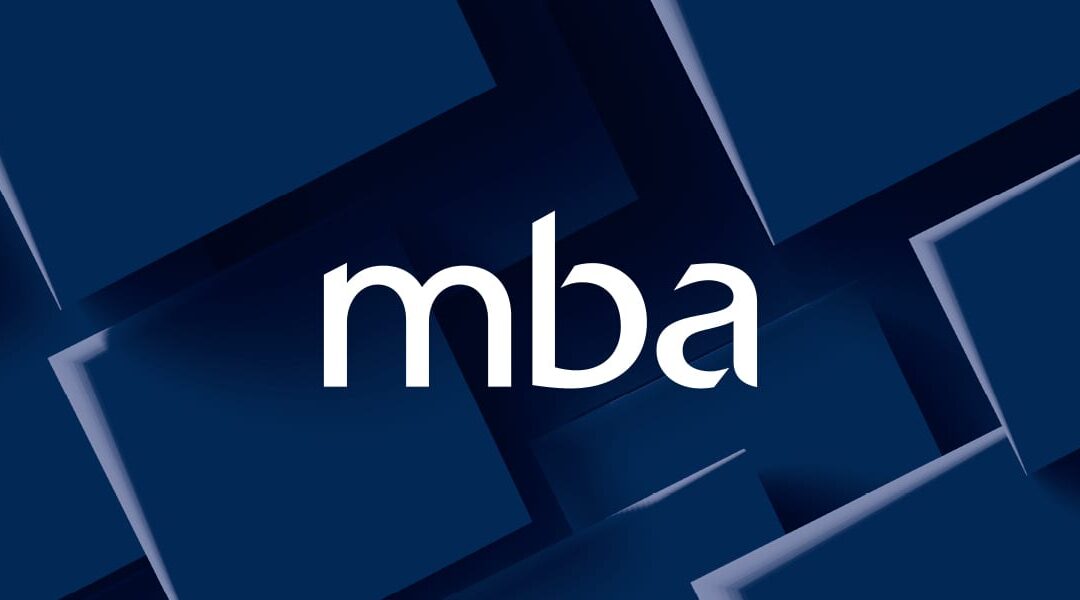Mastering Business Administration: Understanding the MBA Degree
In today’s business world, competitiveness is fierce, and the demand for highly skilled and trained professionals is higher than ever. In this context, the Master of Business Administration (MBA) degree has become one of the most valued and recognized credentials in the business realm. But what does obtaining an MBA really entail? What is its value, and what opportunities does it offer to those who pursue it? In this comprehensive article, we will delve deep into the world of the MBA, from its history to its relevance in the modern business world, covering its structure, benefits, and challenges. Get ready to immerse yourself in the fascinating world of business administration and discover how the MBA can be your ticket to professional success.
History of the MBA: From Origins to Modernity
To fully grasp the value and significance of the MBA today, it’s essential to take a look at its historical roots. The concept of business education dates back to the 19th century when the first business schools began to emerge in Europe and North America. However, it wasn’t until the 20th century that the MBA, as we know it today, began to take shape.
Harvard University pioneered the development of the first MBA program in 1908, although initially, it focused more on scientific management than on business administration itself. Over time, other academic institutions, both in the United States and abroad, adopted and adapted this model, leading to a proliferation of MBA programs worldwide.
During the following decades, the MBA experienced significant growth in popularity and recognition. Business schools expanded and refined their programs to meet the changing demands of the business world, incorporating a broader range of disciplines and educational approaches. Today, the MBA is a widely recognized and respected degree offered at a variety of academic institutions around the world.
The Structure of the MBA: Essential Components of the Program
One of the highlights of the MBA is its flexibility and adaptability. MBA programs vary in duration, format, and content, allowing students to choose the option that best suits their needs and career goals. However, regardless of these differences, most MBA programs share certain fundamental components:
-
Core Curriculum: Most MBA programs include a core set of courses designed to provide students with a solid foundation in key areas of business administration, such as accounting, finance, marketing, operations, and leadership.
-
Specializations: Many MBA programs offer the opportunity to specialize in specific areas of interest, such as corporate finance, entrepreneurship, consulting, human resource management, information technology, among others. These specializations allow students to develop specialized skills and knowledge that are relevant to their specific career goals.
-
Hands-On Experience: Many MBA programs include experiential learning opportunities, such as internships, consulting projects, case studies, and business simulations. These practical experiences allow students to apply the concepts and theories learned in the classroom to real-world situations, thereby developing practical skills and problem-solving abilities.
-
Networking: One of the most valuable benefits of obtaining an MBA is the opportunity to network with industry professionals, faculty, and classmates. Many MBA programs actively foster networking through networking events, conferences, panel discussions, and social activities, allowing students to expand their professional network and access job and professional development opportunities.
-
Final Project or Thesis: Some MBA programs require students to complete a final project or thesis as part of their graduation requirements. This final project typically involves applying the knowledge and skills acquired during the program to address a specific business problem or challenge.
The combination of these components provides students with a comprehensive and practical education in business administration, preparing them to tackle challenges and seize opportunities in the contemporary business world.

Benefits of the MBA: Why Pursuing an MBA Degree?
As the job market becomes increasingly competitive and demanding, many professionals are turning to the MBA as a way to advance their careers and achieve their professional goals. But what are the specific benefits of obtaining an MBA? Here are some reasons why pursuing an MBA degree can be a valuable investment in your professional future:
-
Skill Development: MBA programs are designed to develop a wide range of skills that are essential for success in the business world, including leadership skills, communication skills, problem-solving skills, analytical skills, and decision-making skills. These skills are highly valued by employers and can open up new career opportunities for you.
-
Professional Growth: Obtaining an MBA can help you advance in your career and attain higher-level positions with greater responsibility and compensation. Many companies consider the MBA as a requirement or preference for leadership and managerial roles, so having this degree can significantly enhance your prospects for professional advancement.
-
Networking Opportunities: One of the greatest advantages of obtaining an MBA is the opportunity to network with industry professionals, business leaders, and classmates. These connections can be invaluable for your career, providing you with access to job opportunities, mentors, advisors, and potential collaborators.
-
Specialized Knowledge: Many MBA programs offer the opportunity to specialize in specific areas of interest, allowing you to develop specialized knowledge and skills that are relevant to your professional goals. This specialized experience can set you apart in the job market and make you more attractive to potential employers.
-
Credibility and Prestige: The MBA is widely recognized and respected in the business world, which can enhance your professional credibility and prestige. Having an MBA on your resume demonstrates to employers that you have a high level of education and competence in business administration, which can open doors to job and professional development opportunities.
-
Global Perspective: Many MBA programs offer the opportunity to study abroad or participate in international projects, allowing you to develop a global perspective and a deeper understanding of international markets. This international experience can be extremely valuable in an increasingly globalized business world.
In summary, obtaining an MBA can offer you a wide range of benefits, from skill development to professional growth and expanding your professional network. If you’re looking to advance your career and achieve your professional goals, an MBA could be the perfect option for you.
Challenges and Considerations of the MBA: What You Need to Know
While there are many benefits associated with obtaining an MBA, it’s also important to consider the challenges and potential considerations before making the decision to pursue this degree. Here are some factors to consider:
-
Cost: MBA programs can be expensive, especially at elite institutions or full-time programs. It’s important to carefully evaluate the costs associated with obtaining an MBA and consider whether the return on investment justifies the expense.
-
Time: Obtaining an MBA can be a significant time commitment, especially if you’re working full-time or busy with other responsibilities. It’s important to consider whether you have the time and energy necessary to successfully complete an MBA program while meeting your other obligations.
-
Competition: The job market for professionals with an MBA can be highly competitive, especially in specific industries and functions. It’s important to research and understand the job prospects for MBA graduates in your field of interest before making the decision to pursue this degree.
-
Admission Requirements: MBA programs often have rigorous admission requirements, which may include work experience, minimum scores on standardized tests (such as the GMAT or GRE), letters of recommendation, and admission essays. It’s important to prepare adequately and ensure that you meet the admission requirements before applying to an MBA program.
-
Flexibility and Adaptability: MBA programs vary in duration, format, and content, so it’s important to find a program that fits your needs and specific career goals. It’s important to research and compare different MBA programs to find the one that best suits your interests and individual circumstances.
By considering these challenges and considerations, you can make an informed decision about whether obtaining an MBA is the right option for you and your career.


Transformando Vidas: El Impacto del Programa de Ingreso Solidario en Colombia 2024
Finance Transformando Vidas: El Impacto del Programa de Ingreso Solidario en Colombia 2024 La pandemia de COVID-19 ha sacudido al mundo entero, dejando a su paso una estela de desafíos económicos y sociales. En Colombia, el impacto ha sido especialmente notable entre...

Mastering MBA: Unlocking Corporate Success 2
Finance Mastering MBA: Unlocking Corporate Success 2 SORTEO Nombres @instagram ciudad Correo electronico Genero Genero Hombre mujer prefiero no decirlo Enviar In the ever-evolving landscape of global commerce, businesses are constantly seeking ways to gain a...

The MBA: A Decisive Boost for Employment and Career Advancement #1
Finance The MBA: A Decisive Boost for Employment and Career Advancement #1 ADS Formulario Nombres Apellidos Telefon/celular WhatsApp ciudad Correo electronico Genero Genero Hombre mujer prefiero no decirlo Estado civil Estado civil soltero(a) casado(a) divorsiado(a)...

Mastering Business Administration: Understanding the MBA Degree
Finance Mastering Business Administration: Understanding the MBA Degree Formulario Nombres Apellidos Telefon/celular WhatsApp ciudad Correo electronico Genero Genero Hombre mujer prefiero no decirlo Estado civil Estado civil soltero(a) casado(a) divorsiado(a) Nivel de...
